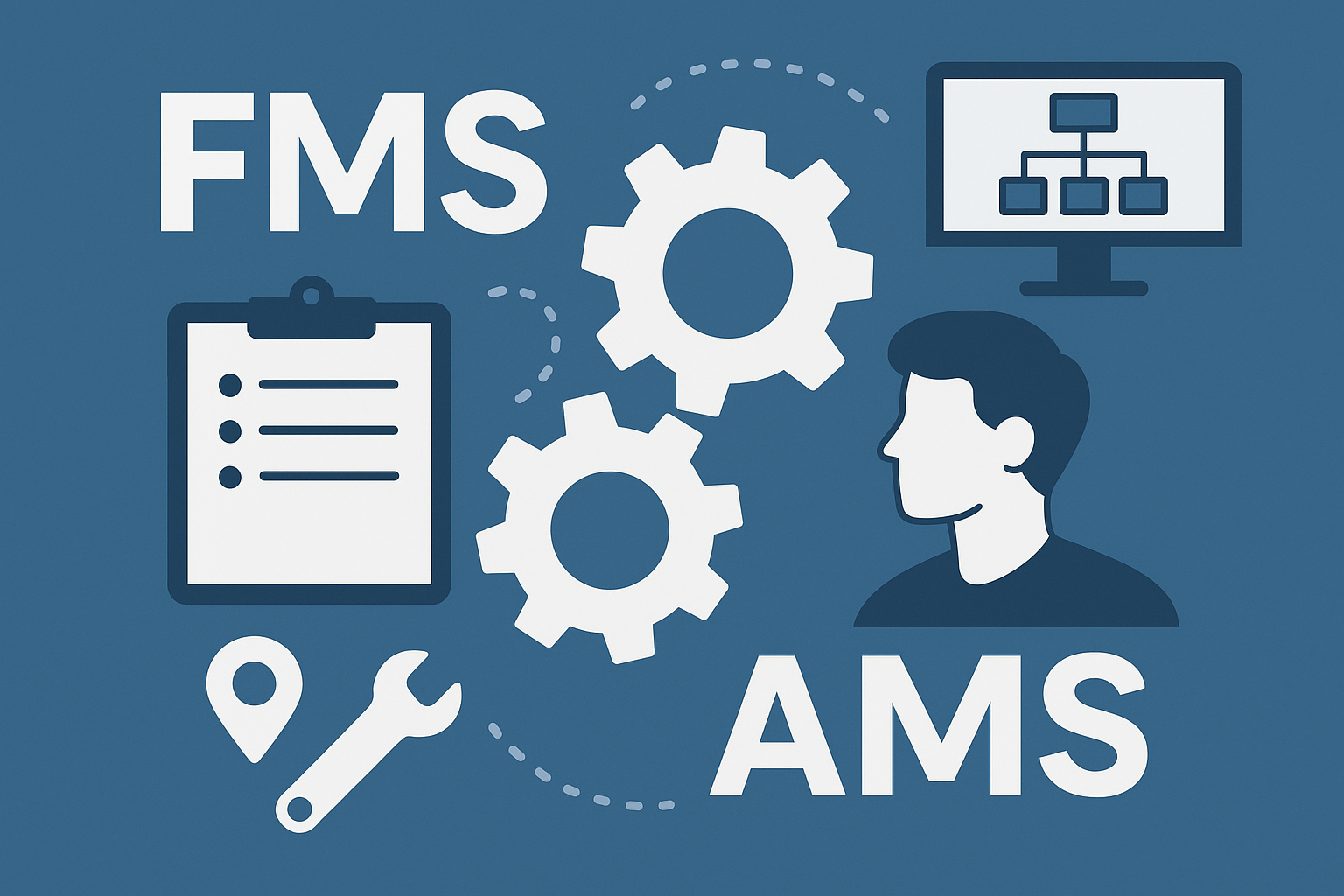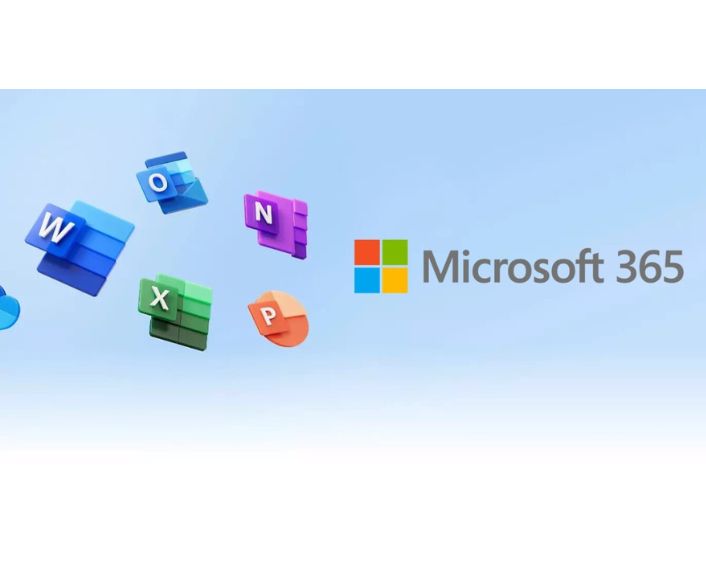
Cloud is changing the way we use technology at home and work. From storing photos online to running big business software, the cloud is working everywhere. It promises easy access, lower costs, and the freedom to work from anywhere.
In this blog, we’ll explain the main advantages and disadvantages of cloud computing simply. Whether you’re a business owner, a student, or just curious, this information will help you understand what the cloud can do for you.
What Is Cloud Computing?
Cloud computing is the delivery of computing services like servers, storage, databases, networking, and software over the Internet. It allows users to access these services on demand without owning physical hardware.
Cloud storage, a subset of cloud computing, enables users to save data remotely and retrieve it anytime via the internet. The benefits of cloud storage include flexibility, cost savings, and easy file access from any device.
Advantages of Cloud Computing
Cloud computing offers a wide range of benefits that make it an attractive solution for individuals, small businesses, and large organisations alike. From reducing costs to improving productivity, the benefits of cloud storage and computing have changed the way we work and store data. Below are the key advantages of cloud storage and computing that explain why so many are making the shift to the cloud:
1. Cost Efficiency
One of the biggest advantages of cloud storage and computing is reduced costs. There’s no need to invest in physical infrastructure, and most services follow a pay-as-you-go pricing model.
2. Scalability
Cloud services can be scaled up or down easily to match your needs. Whether you’re a startup or an enterprise, the cloud supports growth without requiring major upgrades.
3. Accessibility and Remote Work
Cloud solutions allow users to access data and applications from anywhere with an internet connection, making them ideal for remote work and global teams.
4. Automatic Updates and Maintenance
Cloud providers manage software updates, security patches, and routine maintenance, relieving businesses of technical headaches.
5. Data Backup and Recovery
Cloud computing ensures that your data is backed up and recoverable in case of a disaster. This increases business continuity and reduces downtime.
6. Collaboration Efficiency
Cloud platforms enable multiple users to access and edit files simultaneously. This improves productivity and teamwork.
7. Environmentally Friendly
Centralised cloud data centres are often more energy-efficient than traditional IT setups, reducing carbon footprints.
Disadvantages of Cloud Computing
While the benefits of cloud computing are compelling, it’s important to understand its limitations before fully relying on cloud-based solutions. From security risks to long-term costs, the drawbacks of cloud computing can affect both small users and large enterprises.
1. Internet Dependency
The major disadvantage of cloud computing is that it requires a stable internet connection. If your connection is slow or disrupted, you could lose access to critical files, apps, or services, leading to potential downtime and lost productivity.
2. Security and Privacy Concerns
A common question is, “What are the cons of cloud computing?” One major issue is storing sensitive or personal data on servers controlled by third-party providers. Despite strong security measures, data breaches, unauthorised access, and compliance failures remain possible risks.
3. Ongoing Costs
Although initial setup may be affordable, the ongoing costs of cloud services, such as monthly subscriptions, data transfer fees, or premium storage, can grow over time. For some businesses, this could end up being more expensive than using in-house systems.
4. Limited Control
Users typically have little control over the cloud provider’s infrastructure and how data is managed or stored. This can be a problem for organisations with specific compliance or performance needs that require an IT environment.
5. Vendor Lock-In
Many cloud providers use tools or formats, making it difficult to switch providers without major data migration issues or service disruptions. This vendor lock-in can limit flexibility and make you dependent on one provider’s pricing and policies.
Cloud Storage
Cloud storage allows users to save, manage, and access data online, offering a flexible alternative to traditional physical storage devices.
Pros of Cloud Storage
- Access files from any device
- Automatic syncing across devices
- Reduces the need for physical storage
Cons of Cloud Storage
- Slow upload/download speeds for large files
- File size and bandwidth limitations
- Potential privacy concerns with third-party providers
These pros and cons of cloud services highlight the importance of carefully assessing your storage needs and security priorities before choosing a cloud provider.
How to Choose a Cloud Provider?
When assessing cloud services, consider:
- Ensure the provider uses strong encryption and meets compliance standards like GDPR or ISO.
- Look for uptime guarantees and 24/7 customer support availability.
- Choose a provider with data centres in regions that meet your legal and performance needs.
- Check for easy scalability and smooth integration with your existing systems and software.
- Compare pricing models and watch out for hidden costs like data transfer or support fees.
- Research the provider’s reputation, user reviews, and history of service reliability.
Consider leading providers like Google Cloud, AWS, and Microsoft Azure based on your specific use case.
Conclusion
Understanding the advantages and disadvantages of cloud computing is crucial for making strategic IT decisions. While the benefits of cloud storage and computing are substantial, it’s important to evaluate the drawbacks of cloud computing based on your unique needs.
If you want cloud solutions, MSOFTSERV is your reliable partner to help drive your business's digital transformation with scalable, secure, and efficient cloud services. We offer cloud solutions, including Microsoft Azure, AWS, Google Cloud, and IBM Cloud platforms, enabling businesses to optimize costs, increase security, and improve scalability.
Whether you're migrating from on-premise to the cloud or need assistance managing your existing cloud setup, our expert team is ready to support you at every stage. Reach out to us today at +91 92843 64742.










